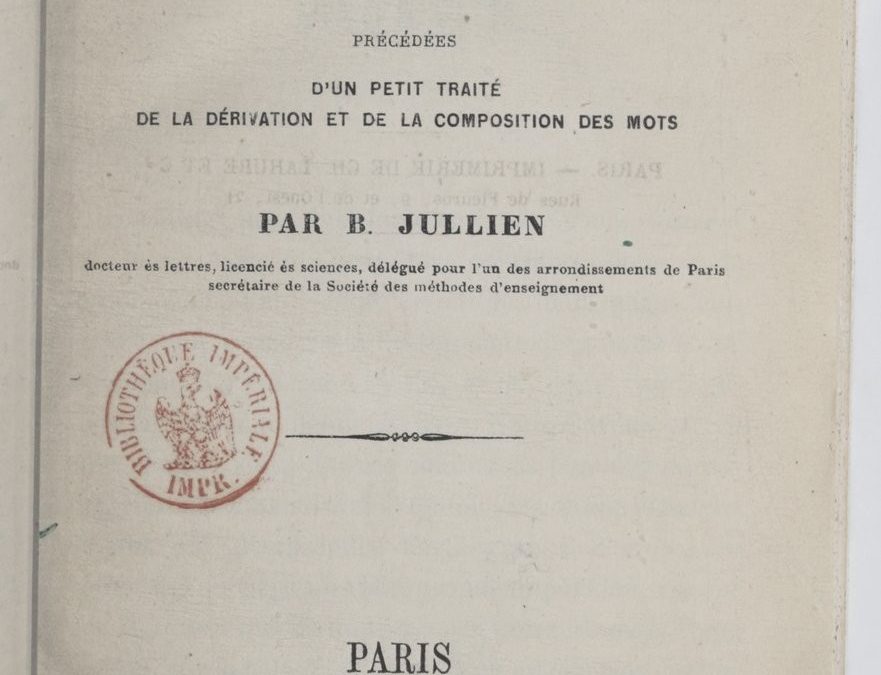 Bernard writes that piquenique is a corruption of the English pick an each. Something is wrong because this explanation is nonsense. Never noticed, the etymology was never corrected. See Jullien, Bernard. Les principales étymologies de la langue française : précédées...
Bernard writes that piquenique is a corruption of the English pick an each. Something is wrong because this explanation is nonsense. Never noticed, the etymology was never corrected. See Jullien, Bernard. Les principales étymologies de la langue française : précédées...
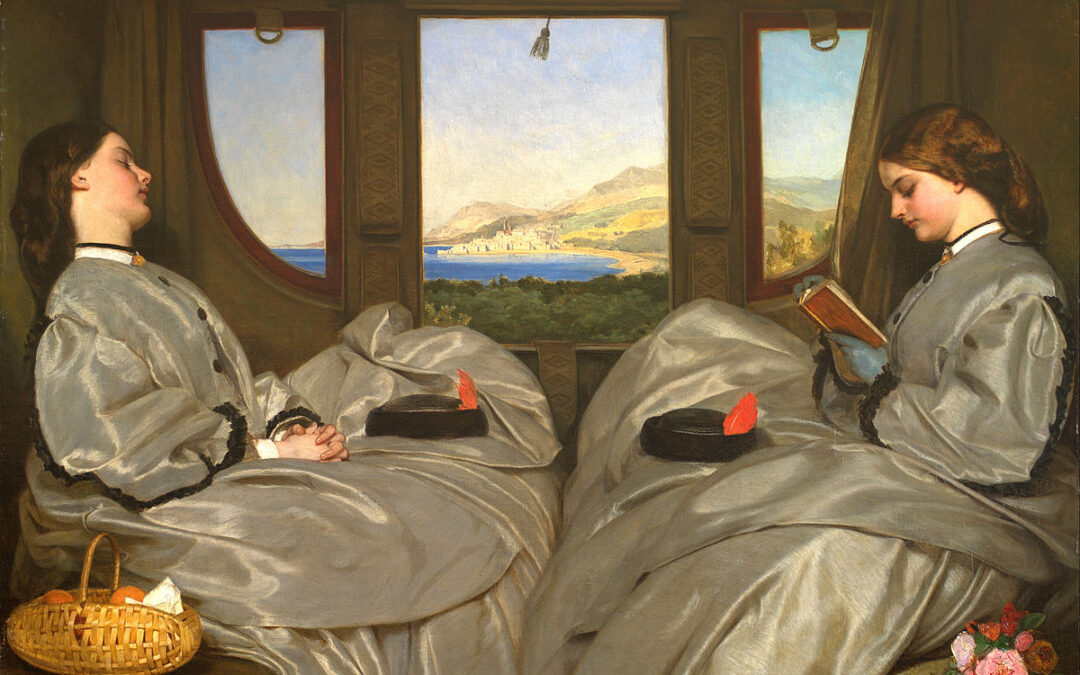 Egg‘s Traveling Companions is a testimony of the ease and comfort of train travel. The two elegantly dressed women, virtually mirroring images of each other, sit without even looking out of the window at the long view of the shoreline beyond. One reads the other...
Egg‘s Traveling Companions is a testimony of the ease and comfort of train travel. The two elegantly dressed women, virtually mirroring images of each other, sit without even looking out of the window at the long view of the shoreline beyond. One reads the other...
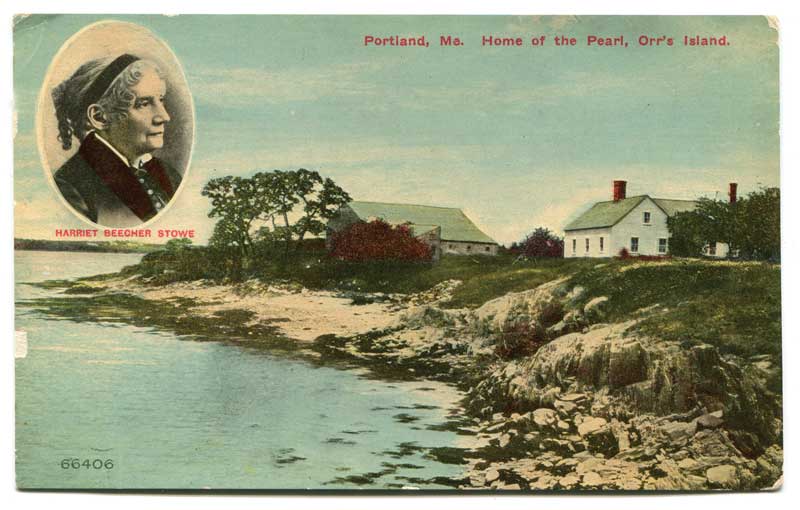 Stowe’s The Pearl of Orr’s Island was published ten years after Uncle Tom’s Cabin (1852) is a story of the people who speak in the vernacular of Maine, on the road to the Kennebec, below the town of Bath. Its basis is Shakespeare’s The Tempest,...
Stowe’s The Pearl of Orr’s Island was published ten years after Uncle Tom’s Cabin (1852) is a story of the people who speak in the vernacular of Maine, on the road to the Kennebec, below the town of Bath. Its basis is Shakespeare’s The Tempest,...
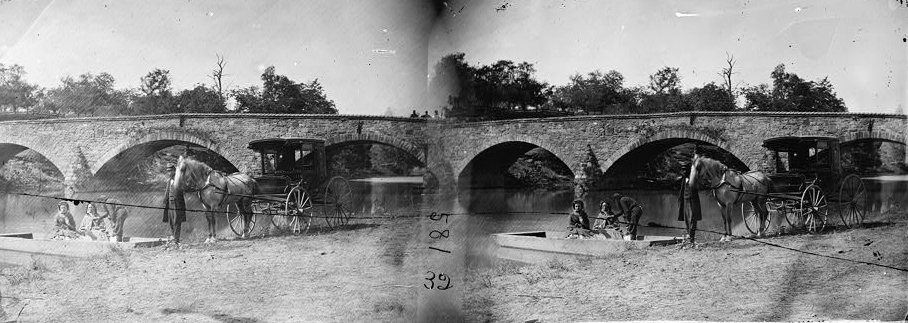 Gardener’s A Pic-Nic Party is set in a skiff on the shore of Antietam Creek. He thought it was an apt allusion to the cliché “War is not a Picnic,” but when published, no one noticed. It dropped from sight, lost in more dramatic images in...
Gardener’s A Pic-Nic Party is set in a skiff on the shore of Antietam Creek. He thought it was an apt allusion to the cliché “War is not a Picnic,” but when published, no one noticed. It dropped from sight, lost in more dramatic images in...
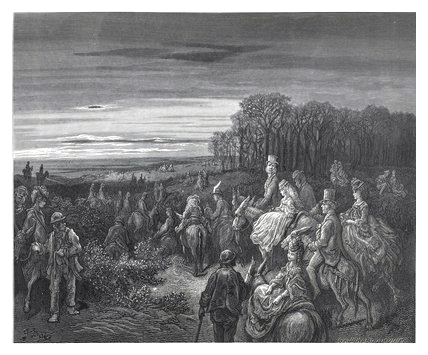 Though unfamiliar now, Hampstead Heath was once famous for its donkeys. It was a comic sight, and Gustave Doré illustrated it for London: A Pilgrimage because it was ludicrous to see fashionable picnickers straddling the donkeys. It was fun for Karl Marx, who amused...
Though unfamiliar now, Hampstead Heath was once famous for its donkeys. It was a comic sight, and Gustave Doré illustrated it for London: A Pilgrimage because it was ludicrous to see fashionable picnickers straddling the donkeys. It was fun for Karl Marx, who amused...
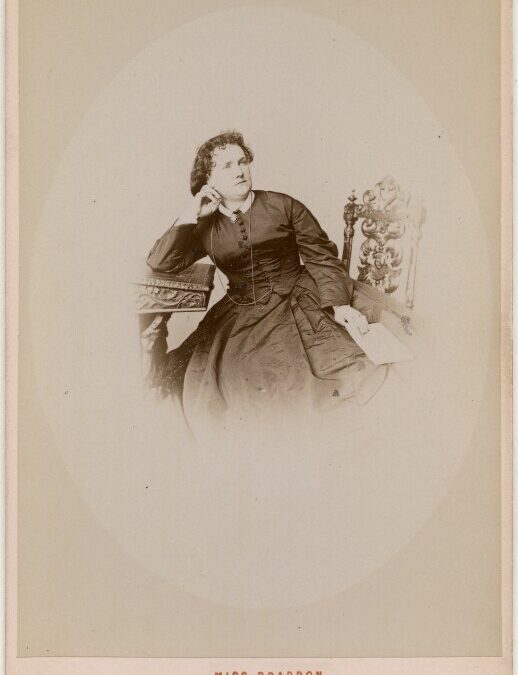 The Doctor’s Wife is Braddon’s free adaptation of Flaubert’s Madame Bovary. Like Emma Bovary, Isabel Gilbert, the doctor’s unhappy wife, looks for romance. Unlike Emma, Isabel is never sexually seduced. She’s sullied but never ruined. There are...
The Doctor’s Wife is Braddon’s free adaptation of Flaubert’s Madame Bovary. Like Emma Bovary, Isabel Gilbert, the doctor’s unhappy wife, looks for romance. Unlike Emma, Isabel is never sexually seduced. She’s sullied but never ruined. There are...
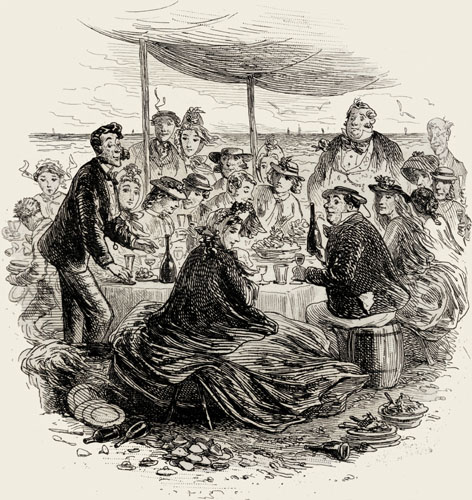 Trollope’s beach picnic in Can You Forgive Her (1864) is highlighted with a stern warning: “Yarmouth is not a happy place for a picnic. A picnic should be held among green things. Green turf is absolutely essential. There should be, if possible, rocks, old...
Trollope’s beach picnic in Can You Forgive Her (1864) is highlighted with a stern warning: “Yarmouth is not a happy place for a picnic. A picnic should be held among green things. Green turf is absolutely essential. There should be, if possible, rocks, old...
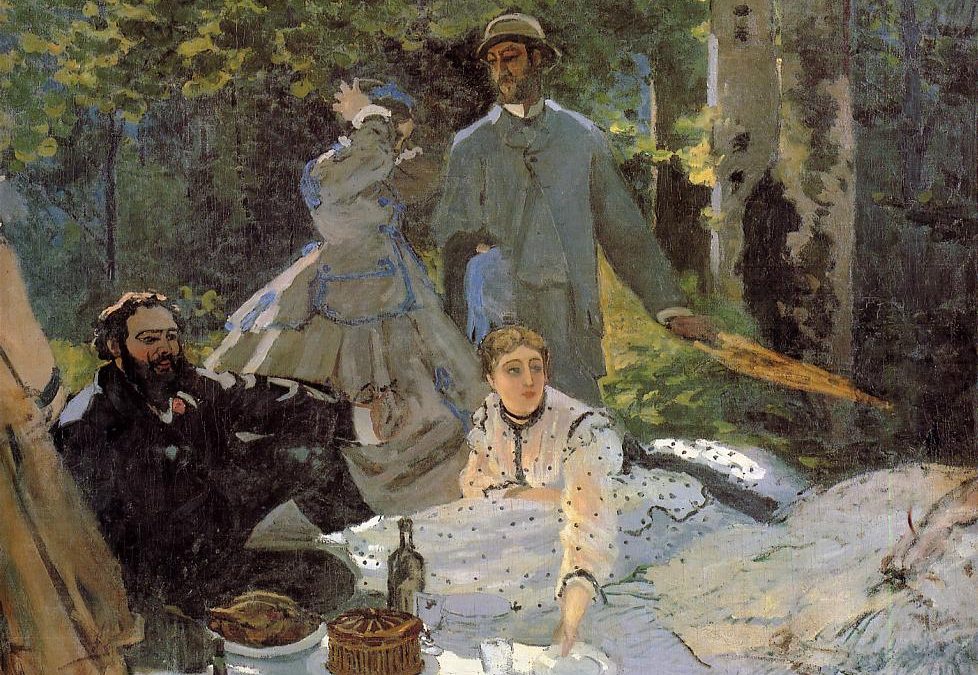 Monet responded to Manet’s Le déjeuner sur l’herbe his painting in 1865 but left it uncompleted. Unlike Manet, who painted in the studio, Monet painted outdoors. This presented logistical problems because his picnic was to be monumental, approximately 15 x 20...
Monet responded to Manet’s Le déjeuner sur l’herbe his painting in 1865 but left it uncompleted. Unlike Manet, who painted in the studio, Monet painted outdoors. This presented logistical problems because his picnic was to be monumental, approximately 15 x 20...
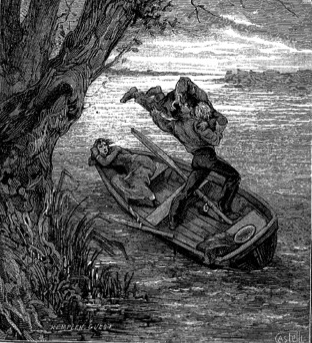 Thérèse Raquin and her lover Laurent Le Claire murder her husband Camille at a picnic. It’s a pivotal episode, proving Zola’s contention that people acting out the “fatalities of their flesh” become brutes humaines. Everything about this picnic...
Thérèse Raquin and her lover Laurent Le Claire murder her husband Camille at a picnic. It’s a pivotal episode, proving Zola’s contention that people acting out the “fatalities of their flesh” become brutes humaines. Everything about this picnic...
 Dickens vented his distaste for English travel food, especially sandwiches served in cold, comfortless train stations. The Boy at Mugby Station working in h Refreshment Room gleefully tells anyone who will listen (or not) how awful the refreshments (if they can be...
Dickens vented his distaste for English travel food, especially sandwiches served in cold, comfortless train stations. The Boy at Mugby Station working in h Refreshment Room gleefully tells anyone who will listen (or not) how awful the refreshments (if they can be...











